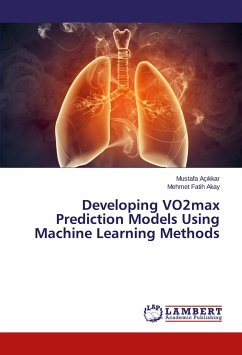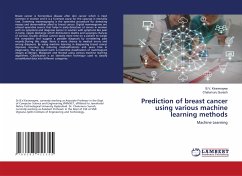Maximal oxygen uptake (VO2max) refers to the maximum amount of oxygen that an individual can utilize during intense or maximal exercise. The purpose of this thesis is to develop accurate VO2max prediction models using submaximal and questionnaire variables. Regression methods such as Support Vector Machines (SVM), Multilayer Perceptron (MLP) and Multiple Linear Regression (MLR) have been used for developing VO2max prediction models. The performance of prediction models has been evaluated by calculating their multiple correlation coefficients (R's) and standard error of estimates (SEE's). The results show that the accuracy of VO2max prediction models based on submaximal and standard non-exercise variables could be significantly improved by including questionnaire variables in prediction models. The results of SVM models have been also compared with the ones obtained by MLP and MLR and it turned out that SVM-based VO2max prediction models perform better (i.e. yield lower SEE's and higher R's) than the prediction models developed by other regression methods.








